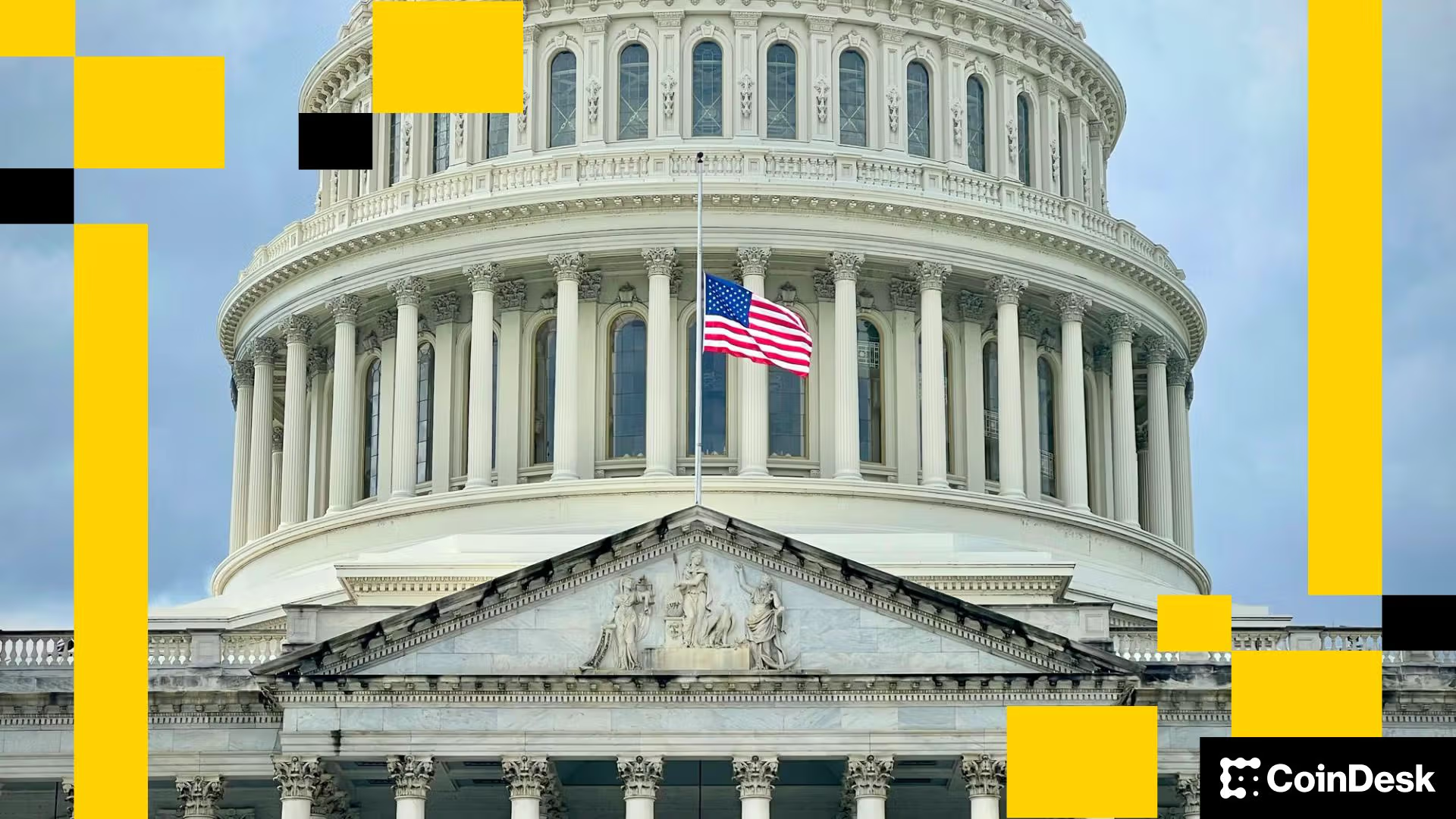Members of the Federal Reserve’s Community Depository Institutions Advisory Council (CDIAC) raised concerns that nonbank-issued stablecoins could accelerate deposit outflows from traditional banks and reduce credit availability to local communities.
According to the April 10 meeting records, council members expressed apprehension over pending legislation in Congress related to payment stablecoins and their regulatory treatment.
They compared the threat of deposit migration from banks to stablecoin platforms to the exodus of funds to money market mutual funds in the late 20th century, which materially reshaped the financial landscape.
Additionally, the council stated that stablecoins represent a digital analogue to that prior wave of disintermediation, potentially undermining the deposit base that community banks rely on to extend loans to businesses and households.
Stablecoins mirror risks posed by CBDCs
During the session, the council linked concerns about stablecoins to earlier discussions on central bank digital currencies (CBDCs). In previous meetings, CDIAC members had warned that CBDCs could draw deposits away from the banking sector.
The April 10 dialogue extended that logic to privately issued stablecoins, describing them as equally capable of diverting funds from insured depository institutions.
The council noted that CBDCs and payment stablecoins introduce competition for traditional bank deposits without necessarily being subject to equivalent regulatory oversight or liquidity requirements.
Members suggested that this asymmetric risk profile could prompt banks to reduce their lending capacity, particularly for small businesses and community borrowers who depend on localized banking relationships.
Calls for stablecoin supervision to address risks
Council members urged regulators to incorporate stablecoins into broader supervisory frameworks that address financial stability, consumer protection, and systemic risk.
They reiterated that unchecked stablecoin issuance, especially by nonbanks, could weaken the funding base of regulated institutions and destabilize the credit channel that serves “Main Street” borrowers.
The council further emphasized the importance of consistent oversight between bank and nonbank issuers and reiterated concerns about the potential for regulatory arbitrage.
It encouraged policymakers to ensure that emerging rulemaking efforts consider the implications of stablecoin adoption for core banking functions, particularly regarding insured deposit bases and liquidity provisioning.
Fed Chair Jerome Powell recently said that stablecoins are a digital product that could have fairly wide appeal during an April 16 event.
He also encouraged the regulation of stablecoins and guaranteed that the Fed has no intention of preventing banking sectors from interacting with the crypto industry.










All Comments